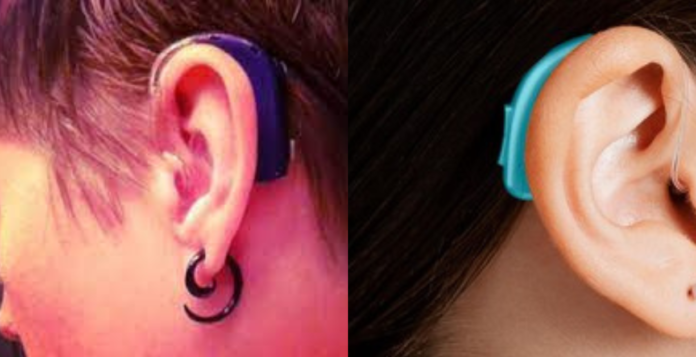In the medical arena, a deaf gynaecologist faces additional difficulties, what does a deaf gynecologist do ? especially in a field where effective communication is essential. However, deaf professionals may now successfully traverse their roles because to technological improvements and accommodations. Here are some important things that Are females comfortable with a male gynecologist? to think about:
what does a deaf gynecologist do
Strategies for Communication:
writing Communication: To communicate with patients, a deaf gynaecologist may rely on writing communication. They may do this by using electronic records, notes, and medical charts.
Visual Aids: Without depending solely on spoken words, medical concepts and processes can be explained with the help of visual aids like diagrams, pictures, and educational materials.
Sign Language Interpreters: Qualified sign language interpreters can help the deaf gynaecologist and their patients communicate, ensuring proper information exchange during appointments.
Care Provided by Patients:
Developing Trust: It’s critical to establish a trustworthy rapport with patients. To build trust, a deaf gynaecologist can concentrate on fostering a friendly atmosphere, demonstrating empathy, and attending to patient concerns.
Patient education is the process of making sure that patients are fully informed about their medical conditions, available treatments, and any necessary procedures. This is done through the use of written materials and visual aids.
Assistive technology and technology:
Communication Apps: Deaf gynaecologists can communicate with patients and coworkers in real time by using communication apps that provide text or video messaging.
Innovations in hearing aids and cochlear implants, for example, have made it possible for deaf professionals to communicate more successfully in specific contexts.
Working Together with Support Personnel:
Teamwork: To guarantee effective communication within the healthcare team, Deaf gynaecologists can collaborate closely with their support personnel, such as nurses, medical assistants, and receptionists.
Training and Awareness: Educating the medical staff on efficient communication techniques helps promote a cooperative and welcoming work atmosphere.

★Legal safeguards and concessions:
Compliance with the Americans with Disabilities Act (ADA): Meeting the requirements of this law guarantees deaf professionals adequate accommodations in the workplace, such as assistive technology and communication services.
Legal Protections: Due to their hearing impediment, Deaf gynaecologists are shielded from discrimination by law. This covers the rights to fair treatment, employment opportunities, and access to medical education.
★Awareness and Advocacy:
Deaf Advocacy Groups: Engaging in active participation in deaf advocacy groups and networks can offer resources, support, and a forum for bringing attention to the difficulties that deaf people in the medical field encounter.
Community Involvement: Getting involved in the neighbourhood can help dispel prejudices and increase awareness of the skills deaf healthcare professionals possess.
To know what does a deaf gynecologist do is although a deaf gynaecologist could have particular communication difficulties, there are a number of tactics and modifications available to guarantee successful patient care and career advancement. A hospital setting that supports diversity, encourages cooperation, and embraces technology is conducive to the success of individuals with varying abilities.















